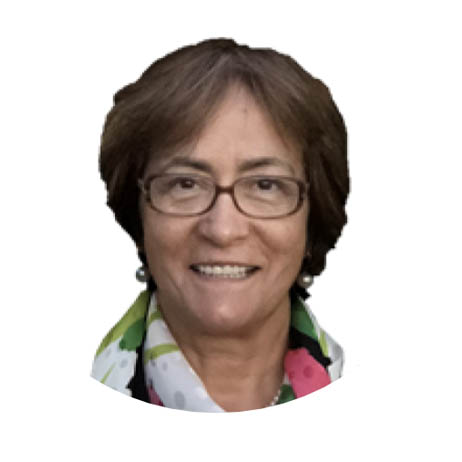
Dr. Pinar Oya Yilmaz
Advisor External Upstream Projects, ExxonMobil Upstream, Retired
Given your wealth of experience, what do you think you will be most remembered for in the industry?
During my career as a geologist that spanned more than 40 years at ExxonMobil, I have been able to connect with people across the profession globally working in production, research, and exploration. During a time when there were very few women in the industry, I have worked in exploration and on production drilling rigs in Europe and the United States (including Alaska, Kansas, Oklahoma); I also did research in global paleogeographic studies, regional projects, as well as fault seals in reservoirs. However, I think I will be most remembered for bringing people of diverse backgrounds together to network and develop relationships to form groups that work together, creating opportunities to foster regional business cooperation.
I have built a very broad base of networks and relationships across the globe, especially in Brazil, the Middle East, Malaysia and China. I also maintain contacts in national oil companies (NOCs) to track key influencers and decision makers, and young professionals coming up the ladder.
What was the most difficult situation you faced in your career path and how did you manage it?
There were lots of difficult situations I faced over the four decades of my career. However, managing these issues required believing in myself and knowing my worth, such as knowing I deserved a seat at the table and having the right to speak out. I missed some opportunities by thinking about the various aspects too much, instead of saying ‘yes’ and figuring it out along the way. So, say 'yes' to any opportunity given to you and do not forget to consider other’s ambition and professional competition. Most importantly: have energy and enthusiasm in all you do.
What advice can you give to young professional in order to achieve a successful career in the industry?
As a young professional, one needs to be focused and selective, have effective time management and organizational skills, know their business priorities and technical expertise where one fits in and how you can make a unique contribution. Other qualities include honesty and kindness, and remembering to give other younger people opportunities to shine. Always keep a general interest and think in terms of ‘we’ – it’s not just about you. You do not need to be front-and-center to get credit for the background work you accomplished. Also important is for young professionals to nurture and follow up relationships by being diplomatic. As a young professional, do not be afraid to ask questions, as nothing can be gained if you do not ask, and be a good loser if you face rejection and try again.
Always remember that you have two sentences to get someone’s interest when you join a discussion. So, do not just tell a story, use phrases of action. People may have very little time for you, and you need to make the best of it. More so, be selective in what you communicate - what is important to you might be very old news to that person.
Lastly, be mindful that a lot of external people see you as your company's brand, and whenever you are on stage, someone is always watching and developing their perceptions. Be aware of your own biases and deal with it professionally, effectively, and efficiently. Volunteer for professional societies and organizations, like the WPC, keeping in mind that your job responsibilities come first. Establish your career and develop your technical expertise first.
